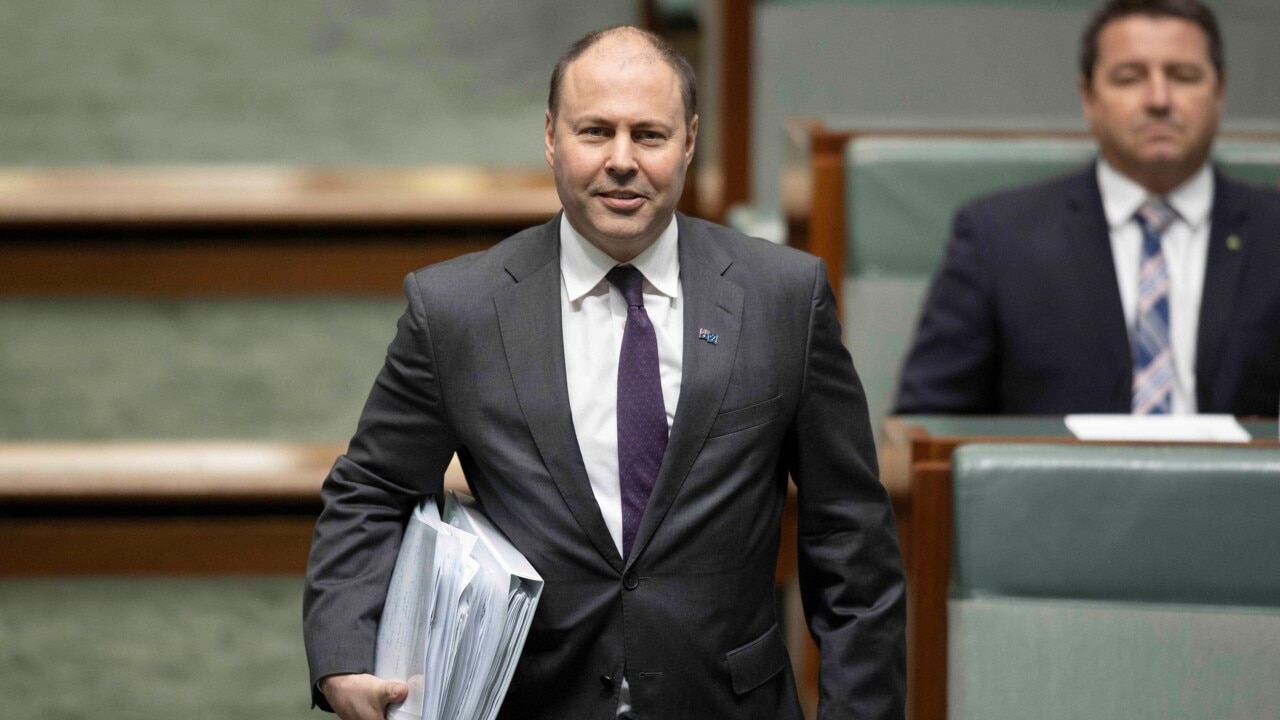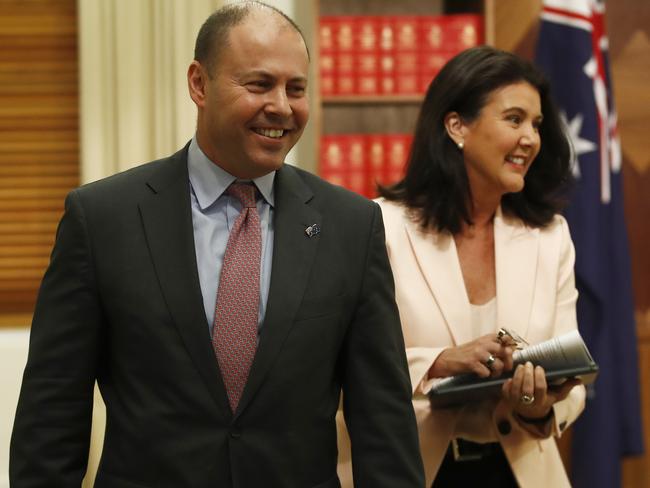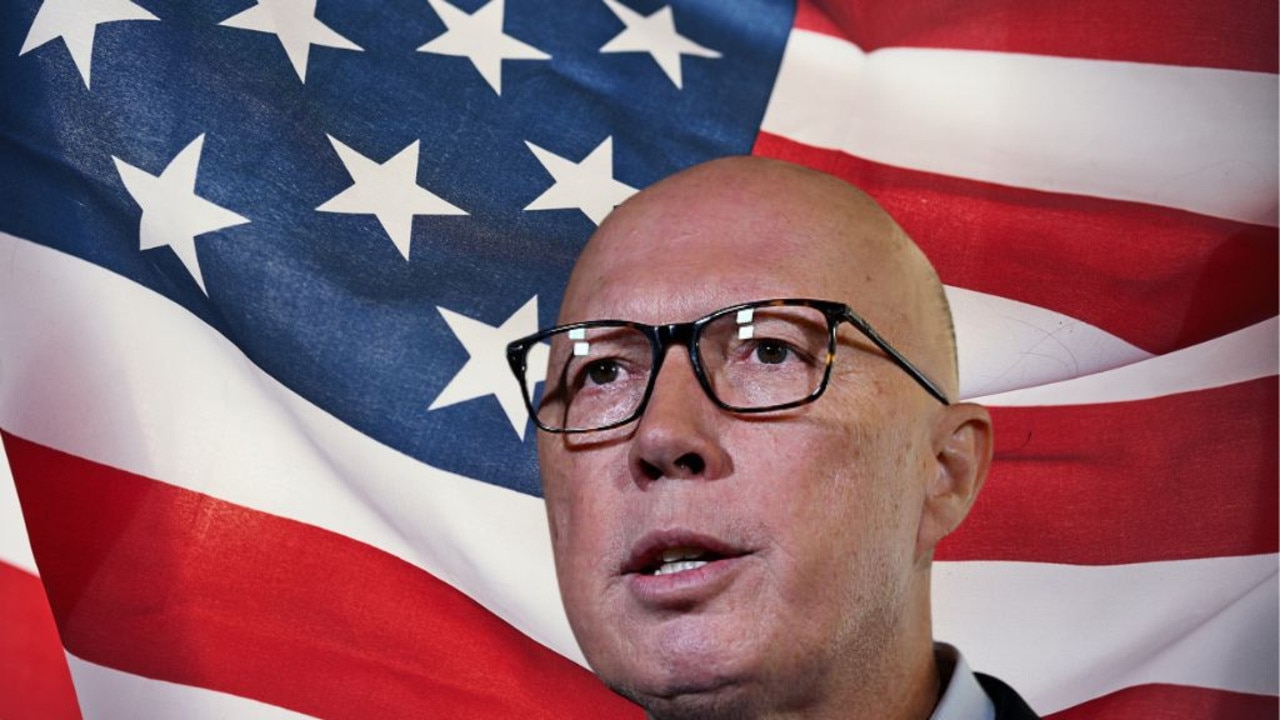Compulsory superannuation increases will come at a cost to wages, finds report
Australians' take-home pay could be impacted if the scheduled compulsory superannuation increases go ahead, a new report has found.

National
Don't miss out on the headlines from National. Followed categories will be added to My News.
Treasurer Josh Frydenberg will wait until next year before deciding whether the Federal Government will stop the planned rise in compulsory superannuation payments from July.
The Government on Friday released the highly-anticipated Retirement Income Review, which found increases to compulsory super would result in people having better living standards once they stopped working but could significantly impact their living standards while employed.
The compulsory super rate is 9.5 per cent and is scheduled to start rising from July 1 up to 12 per cent by 2025, but this has come under intense scrutiny because of the economic fallout of the COVID-19 pandemic.
Mr Frydenberg said despite the superannuation guarantee (SG) increases already being legislated, they would be reconsidered next year before they were due to proceed.
“We will make a decision about that in light of current circumstances before that scheduled increase takes place,” he said.
“This report is one voice but there have been many others in this space including the governor of the Reserve Bank who has pointed out very clearly that trade-off between a person’s wages and superannuation guarantee.”

The report states a higher SG rate would come at a cost to wages.
“A rate of compulsory super that would result in people having an increase in their living standards in retirement may involve an acceptable reduction in living standards prior to retirement, particularly for low-income earners,” it states.
“This is based on the view supported by the weight of evidence that increases in the SG rate result in lower wages growth and would affect living standards in working life.”
If compulsory super stays at 9.5 per cent women, would likely have $54,400 less come retirement, while men would have $88,400 less.
The review found 71 per cent of people aged 65 and over received the age pension or other pension payments.
It gave the age pension a tick of approval, with pension costs as a percentage of Gross Domestic Product (GDP) remaining “relatively stable” despite rising from $24 billion to $46 billion in real terms since 2000-01.

“The age pension, combined with other support provided to retirees, is effective in ensuring most Australians achieve a minimum standard of living in retirement in line with community standards,” it says.
Pensions costs are projected “fall moderately” as a percentage of GDP over the next 40 years.
“This is despite the population over age pension eligibility age being expected to grow faster than the working-age population,” the review says.
While there will be fewer working age people for each retiree, the maturing superannuation system and pension means testing will keep a lid on government pension spending.
Council on the Ageing (COTA) Australia chief executive Ian Yates said the review confirmed Australia’s retirement income system was doing well for most older people but others were “slipping through the cracks”.
“Many women and people in the private rental market are among those worst off in retirement,” he said.
MORE NEWS
How to get your hands on a share of $1bn in lost super
Time is running out to access superannuation early
Concern as Australians back compulsory superannuation increase
Originally published as Compulsory superannuation increases will come at a cost to wages, finds report


